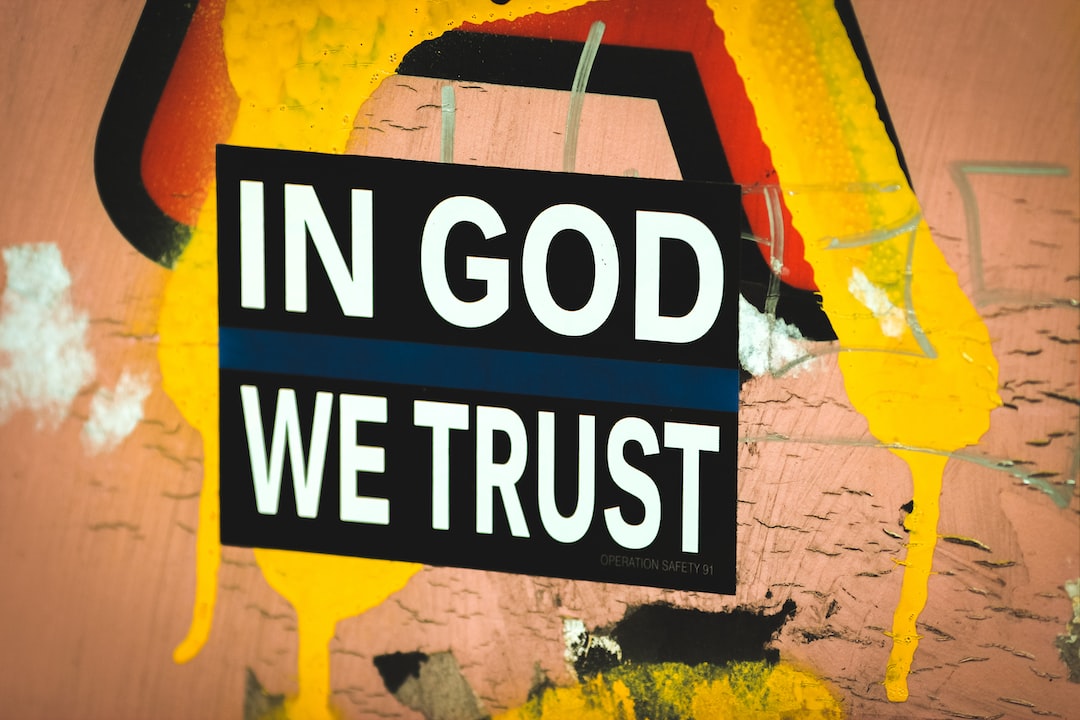
The relationship between faith and forgiveness
Share0The Relationship Between Faith and Forgiveness: A Sacred Bond of Redemption
Forgiveness is a virtue that transcends the boundaries of culture, religion, and ethnicity. It is a force that has the potential to heal wounds and mend broken relationships. At the very core of forgiveness lies faith, an unwavering belief in something greater than oneself. The relationship between faith and forgiveness is sacred, intertwined in a bond that facilitates redemption, growth, and personal transformation.
Faith is often synonymous with religion, but it goes beyond the confines of traditional belief systems. It is a fundamental trust in the goodness of humanity and the universe, a conviction that there is a higher purpose to our lives. The faithful understand that forgiveness is not just a moral obligation; it is a fundamental component of their spiritual journey.
Faith acts as a guiding light in the process of forgiveness. It provides the strength and resilience to look beyond the hurt, betrayal, and pain inflicted by others. Recognizing that we are all fallible beings, bound to make mistakes, faith encourages us to extend compassion and understanding towards those who have wronged us. It allows us to separate the person from their actions, empathizing with their humanity while detesting their transgressions.
In religious contexts, forgiveness is often explicitly intertwined with faith. Many faith traditions emphasize the importance of forgiveness as a means to finding salvation or enlightenment. For example, in Christianity, Jesus Christ, the epitome of forgiveness, said, “For if you forgive others their trespasses, your Heavenly Father will also forgive you” (Matthew 6:14). This verse highlights the reciprocal nature of forgiveness and the role faith plays in one’s spiritual well-being.
Forgiveness, however, is not solely confined to religious or spiritual realms. It extends to the secular world, where faith takes the form of trust in oneself and humanity. People who possess a strong faith in the innate goodness of others are often more willing to forgive and move forward from past grievances. They understand that clinging to anger and resentment only perpetuates a cycle of pain and suffering.
Moreover, faith in forgiveness is a testament to one’s own growth and personal transformation. It requires an acknowledgment of one’s own imperfections and a willingness to let go of the ego’s desires for revenge and vindication. Faith empowers us to transcend our own pain and embrace the liberating power of forgiveness, enabling personal healing and growth.
The relationship between faith and forgiveness is not without its challenges. Forgiveness is often mistaken for condoning or forgetting the actions of the perpetrator. However, forgiveness does not mean absolution; it is an act of freeing oneself from the burden of anger and resentment. Faith allows us to accept that forgiving someone does not negate the harm they caused, but rather liberates us from the emotional shackles that bind us to the past.
In essence, faith provides the foundation upon which forgiveness can flourish. It is the unwavering belief that every individual, regardless of their wrongdoing, has the capacity for redemption and transformation. It is through this lens of faith that we can find the strength to extend forgiveness, even in the face of unimaginable hurt and betrayal.
As individuals, communities, and societies, we are bound together by a shared need for forgiveness. The capacity to forgive and be forgiven is essential for the healing of both individuals and collective wounds. Faith serves as a catalyst for this transformative process, uniting us in a common purpose of growth, healing, and reconciliation.
Whether faith is rooted in religious beliefs or a deep trust in humanity, it serves as the driving force behind forgiveness. It enables individuals to transcend their pain, find solace in forgiveness, and embark on a journey towards personal healing and growth. By intertwining faith and forgiveness, we open the doors to a world where compassion, understanding, and reconciliation reign supreme.
In conclusion, the relationship between faith and forgiveness is a sacred bond that lies at the heart of our spiritual and emotional well-being. It is through faith that we find the strength to extend forgiveness, allowing us to heal, grow, and transform. This bond is not limited to religious contexts but extends to all aspects of our lives, enabling us to embrace our shared humanity and foster a more compassionate and forgiving world.
